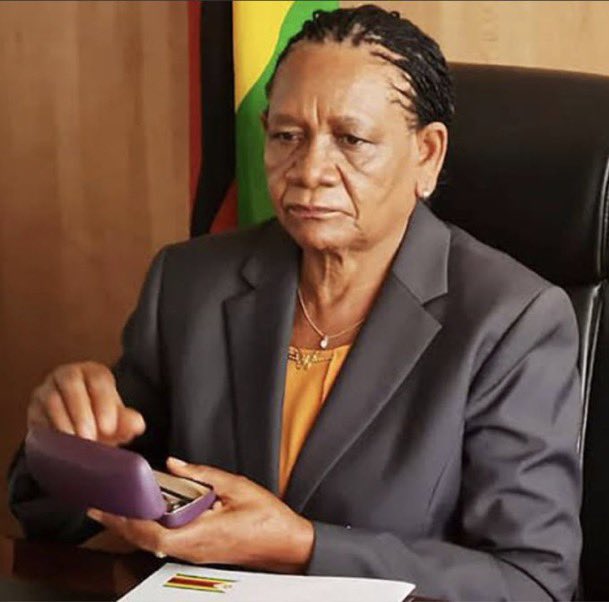HARARE – Zimbabwe is set to conduct wide consultations aimed at gauging citizen views that would feed into proposed policy reforms around the death penalty.
The country maintains the death penalty in its statutes but has refrained from any executions on prison inmates on the death row since 2005.
Currently, the country has 62 death row inmates.
Rights groups have continued to demand the scrapping of capital punishment from the country’s statutes arguing it is a flagrant violation of human rights.
In a statement, the Ministry of Justice, Legal, and Parliamentary Affairs said the consultations will be held with support from the Centre for Applied Legal Research (CARL) and the Embassy of Switzerland.
“The Ministry of Justice, Legal, and Parliamentary Affairs with the support from the Centre for Applied Legal Research (CALR) and the Embassy of Switzerland is in the process of drafting a death penalty position in Zimbabwe.
“After convening a High-Level Consultative meeting on the subject matter to inform policy formulation and law reform agenda, several recommendations were proffered in the meeting.
“One major reason highlighted was to amass public opinion on the subject matter,” said the ministry.
The ministry will facilitate the training of trainers and care workers in preparation for the consultation process.
“Against this backdrop, the Ministry shall hold consultations at grassroots level in March 2023 across the country’s provinces,” said the ministry.
“Additionally, the Ministry will conduct preliminary Training of Trainers with Case Care Workers, Village Health Workers, and Youth Officers in anticipation of the actual consultations to capacitate the cadres on mobilisation of participants ahead of the actual consultations to obtain a clear and unbiased representation of the community.”
Zimbabwe’s constitution formulated in 2013 abolished the mandatory death penalty.
However, it set murder conducted in aggravated circumstances as a case in which the death penalty could be imposed on a convict.
The death penalty cannot be imposed against women, persons below the age of 21, and those aged 70 and above.
















